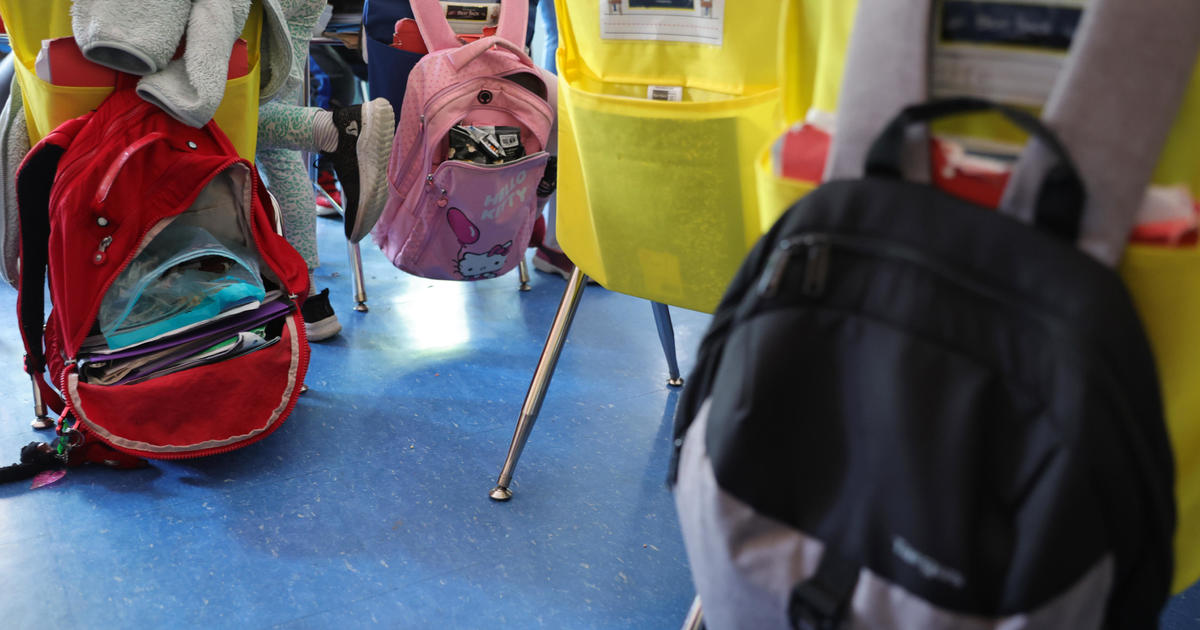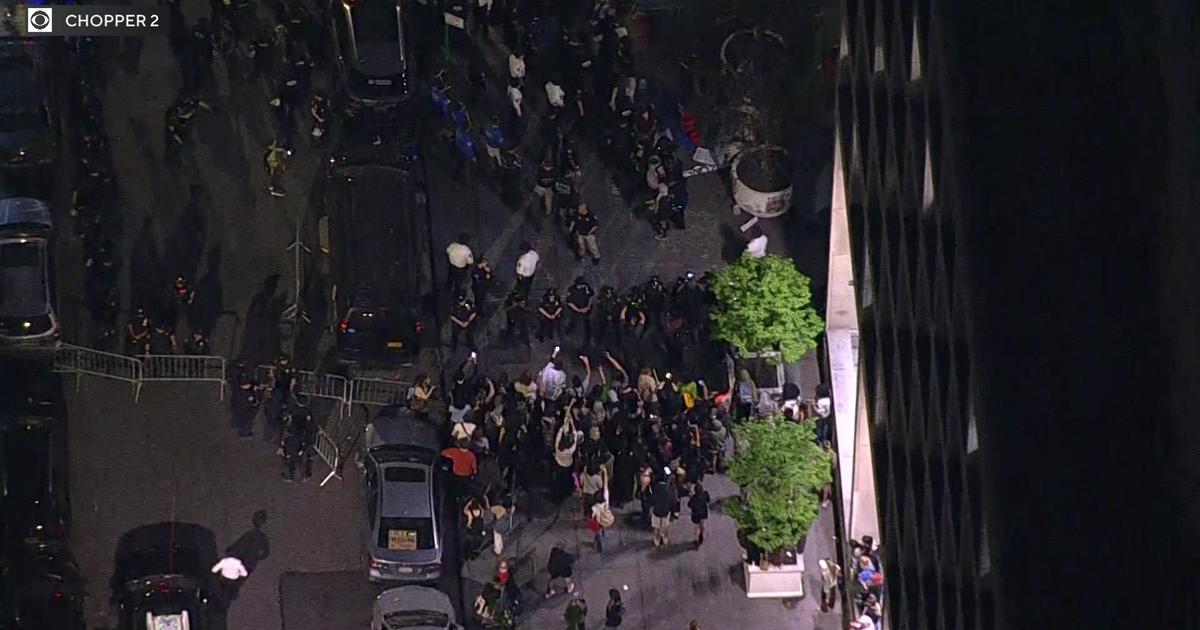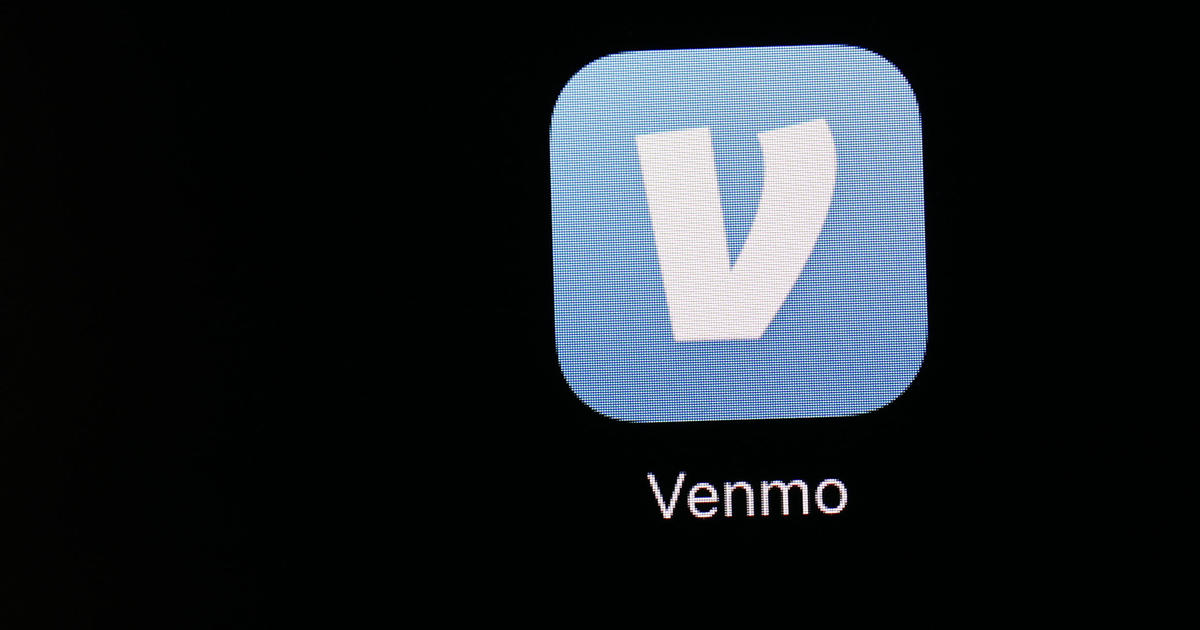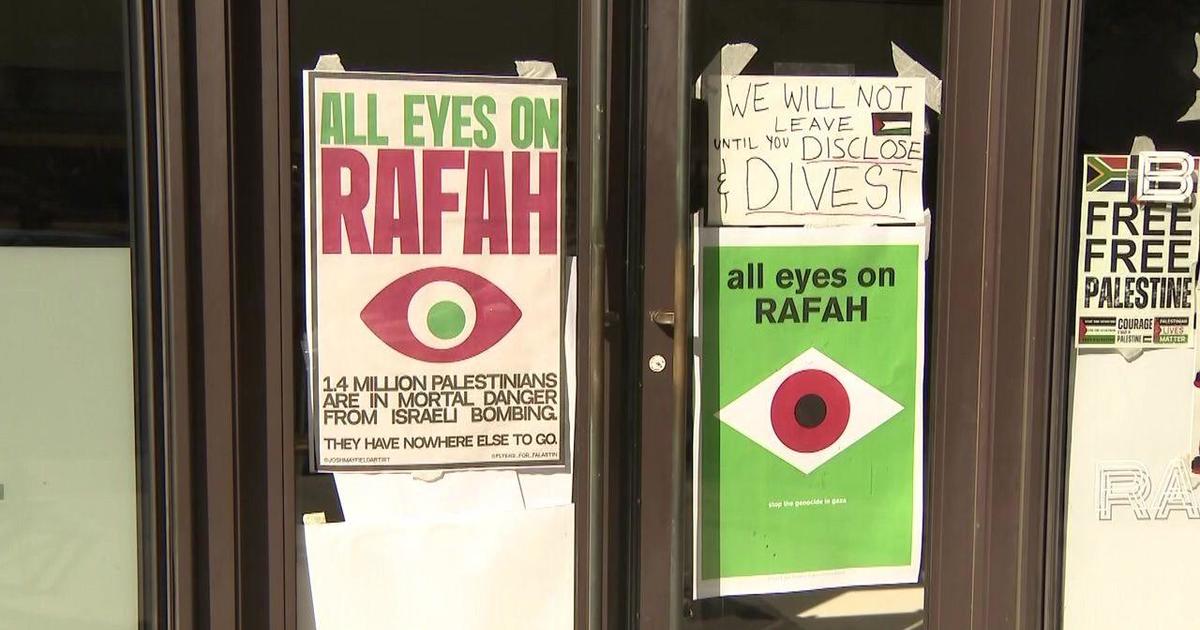NYC Taxis Testing New Safety Technology, Including 'Black Box' Recorders
NEW YORK (CBSNewYork) -- The NYC Taxi and Limousine Commission announced a new initiative Tuesday that will outfit cabs with their own version of a "black box."
As CBS2's Dave Carlin reported, some cabbies are being monitored electronically like never before with black boxes and alarms.
Accidents involving taxis are not hard to come by in New York City.
"These cab drivers are crazy; there are so many on the road," said Taylor Reinhardt of Lower Manhattan.
It was easy finding two crunched cabs in Manhattan Tuesday – one on the West Side Highway, and minutes later, another with a shattered windshield near Times Square.
Everyone survived the incidents, but passengers are worried nonetheless.
"They're driving like maniacs," Reinhardt said.
With that in mind, the TLC has launched a pilot program for the black box technology. The program has been launched in a dozen taxis and for-hire vehicles also keeps an electronic eye on the driver and the road, WCBS 880's Marla Diamond reported.
The cabs include "forward-facing, driver-facing and rear-facing cameras, black box recorders and data analytics and driver alerts" that notify distracted drivers to hazards ahead, said TLC Commissioner Meera Joshi.
NYC Taxis Testing New Safety Technology, Including 'Black Box' Recorders
"A good analogy is the seatbelt -- the beep that you get on the seatbelt," Joshi said.
Cabbie Boaz Bagbag volunteered for a black box.
"I like it. I love it," Bagbag said. "It gives the indication when you're going to be involved in an accident."
Meanwhile, a forward-facing camera checks the street ahead. When a person or object -- including another vehicle -- gets too close, the alarm goes off.
Bagbag said he thinks the alarm "absolutely" saves him from a possible accident.
The makers of the technology said it can reduce crashes dramatically by teaching safety lessons.
"If we can give you two seconds of warning, we can mitigate or completely avoid 90 percent of the rear-end crashes," said Mark Medawar of Mobileye Inc.
"You learn, yeah, 'I am making some mistakes here,'" said Mike Lyons of ION Fleets. "And you adapt to the system. You don't follow as close. You don't hit the brakes as hard. You don't turn as quickly."
But those drivers who do not learn can be rooted out by the TLC easily, because the black box technology collects all the driving data -- sending it back in real time.
Other safety measures under consideration for taxis include panic buttons.
"We want to use technology to help us improve service for the entire public, and to help drivers include driving conduct," Joshi said.
Bronx City Councilman Jimmy Vacca (D-13th), who chairs the Transportation Committee, said the technology expands upon Mayor Bill de Blasio's "Vision Zero" intiative.
"We're out there trying to prevent accidents and make our streets safer," Vacca said.
The panic buttons will be up to the City Council, while the black boxes have a year of field testing in taxis to see if they really drive down the number of cabbie crashes.
Some cabbies have expressed privacy concerns. But owners of some taxi fleets want the new technology installed, because they help lower insurance rates while improving safety.



